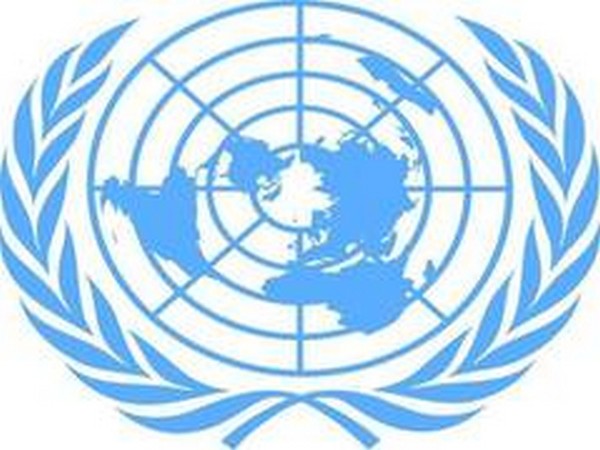End forcible occupation of PoK, reverse demographic changes: India tells Pakistan at UNHRC
Exercising its right to reply at the 43rd Session of the UN Human Rights Council, India slammed Pakistan for trying to mislead the international community with the intent to malign India and asked Islamabad to "end the illegal and forcible occupation and reverse the demographic changes in Pakistan occupied Jammu and Kashmir."

- Country:
- Switzerland
Exercising its right to reply at the 43rd Session of the UN Human Rights Council, India slammed Pakistan for trying to mislead the international community with the intent to malign India and asked Islamabad to "end the illegal and forcible occupation and reverse the demographic changes in Pakistan occupied Jammu and Kashmir." Issuing a ten-point action plan for Pakistan, India asked it to "End the illegal and forcible occupation and reverse the demographic changes in Pakistan occupied Jammu and Kashmir. Second, stop terror funding and dismantle terrorist camps operating in Pakistan and territories under its control."
Hitting out at the neighbouring country over its support to terrorism, India said, "Stop public advocacy and support for terrorists by Pakistani leadership at the highest level and take structural reforms to develop a semblance of democracy in Pakistan." "The international community cannot be misled by Pakistani hysterical reactions at all international fora to malign India. The world knows about the dismal human rights records of Pakistan and tight control cannot hide it all. Let us advise Pakistan for its own good and for the peace and prosperity of the South Asian region," India cautioned Pakistan while exercising its right of reply to Pakistan's statement under Agenda Item number two.
Highlighting the plight of minorities in Pakistan and the dreaded blasphemy law, India in its statement said, "End harassment and execution of minorities through misuse of the blasphemy law. End forced conversions and marriages of women and girls from Hindu, Sikh and Christian religions" India then suggested it to take structural steps "to develop a semblance of democracy in Pakistan and further asked to stop killing and targeting political dissidents and legitimate criticism in Sindh, Balochistan and Khyber Pakhtunkhwa."
"Prevent enforced disappearances and extrajudicial killings of journalists and human rights activists by its security agencies. Nine, stop religious persecution against Shias, Ahmadiyas, Ismailia and Hazaras. Tenth, stop recruitment of children for terror activities including suicide bombing in other countries. And the list is endless," India said. Highlighting that the situation in Jammu and Kashmir is fast returning to normalcy despite serious attempts by Pakistan to derail the positive developments through its active support to terrorist groups and related entities, India said its time tested democratic institutions are robust and adequate enough to address any challenge including those instigated from outside, in order to safeguard interests of all of its citizens including minorities.
Referring to the long list of forced conversion and marriage of girls from minority communities in Pakistan, India said: "Blasphemy law against Aasia Bibi, persecution of Abdul Shakoor, an Ahmadiya, Jagjit Kaur, a minor Sikh girl subjected to abduction and forced marriage are the norms of the day for minorities in Pakistan." Hitting out at OIC, India said the organisation has no locus standi to comment on the internal affairs of India.
"Jammu and Kashmir was, is and shall forever remain an integral part of India," it said. Referring to Belgium's comment on NRC, India said: "As a close partner of India, we wish, Belgium could have checked the factual position with us before coming to any conclusion on the issue. Our Prime Minister has clearly said that no discussions have taken place on NRC anywhere except following Supreme court directives in Assam."
Jammu and Kashmir was, is, and shall forever remain an integral part of India, senior Indian diplomat Vikas Swarup had said at the UNHRC meeting here on Wednesday, adding the situation in the region is "quite normal despite Pakistan's best efforts over decades to destabilise it through externally-instigated terror." "Jammu and Kashmir was, is, and shall forever remain an integral part of India. The transformative changes brought by our Parliament in last August were meant to strengthen the integration of the state, including to give full play to representative government from the grassroots level upward," said Swarup, Secretary (West) in the Ministry of External Affairs.
Swarup's remarks came a day after the Pakistani delegation at the United Nations Human Rights Council (UNHRC) raised the Kashmir issue -- the subject of heightened tensions between India and Pakistan since the revocation of Article 370 of the Constitution that scrapped the region of its special status. (ANI)
(This story has not been edited by Devdiscourse staff and is auto-generated from a syndicated feed.)










